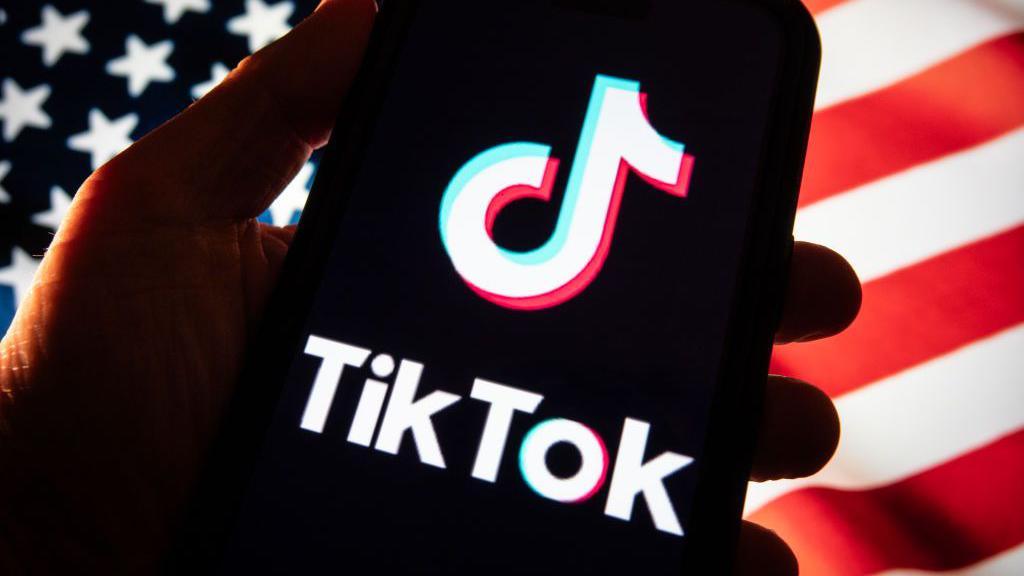TikTok sued by parents of UK teens after alleged challenge deaths
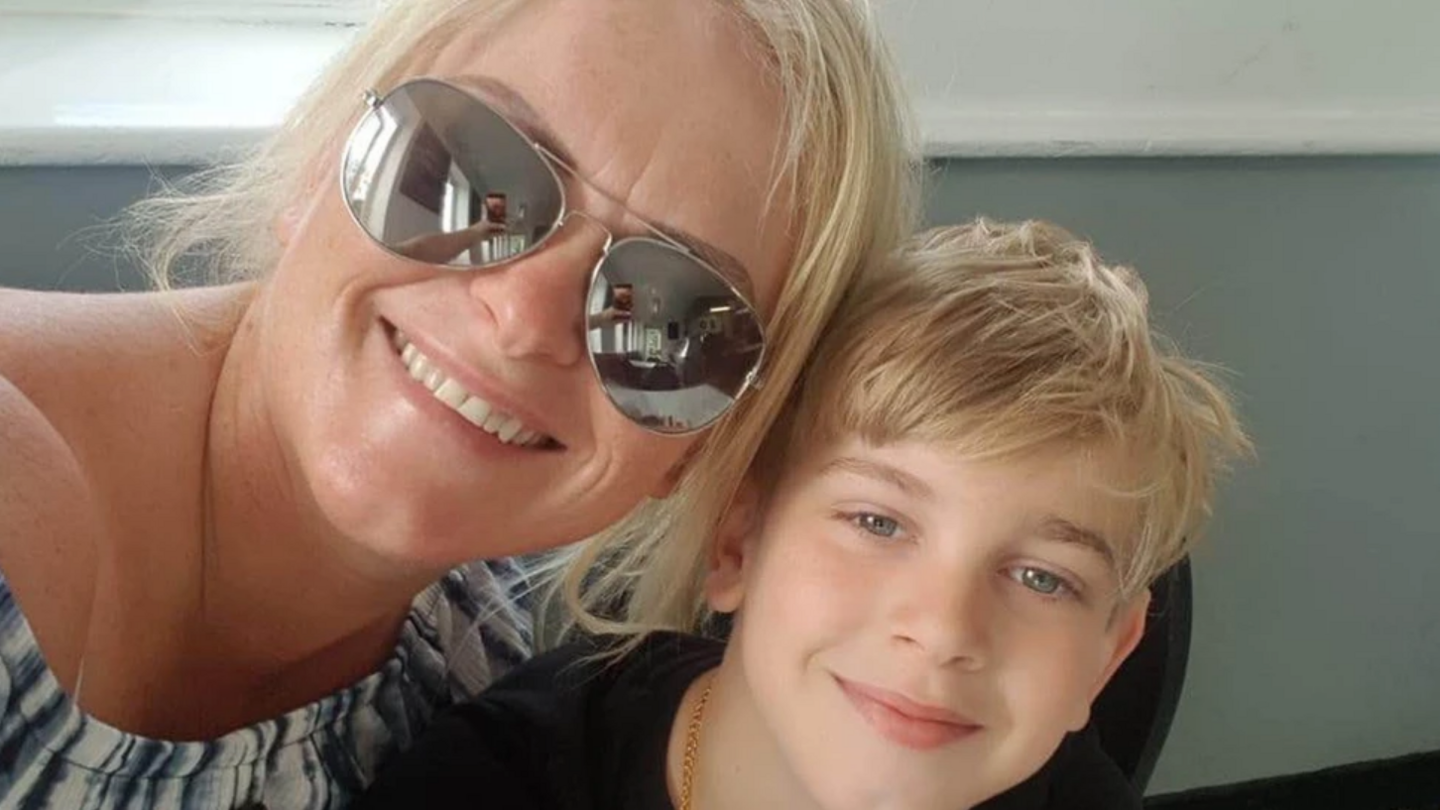
Hollie Dance and her son Archie
- Published
TikTok is being sued by the parents of four British teenagers who believe their children died after taking part in viral trends that circulated on the video-sharing platform in 2022.
The lawsuit claims Isaac Kenevan, Archie Battersbee, Julian "Jools" Sweeney and Maia Walsh died while attempting the so-called "blackout challenge".
The US-based Social Media Victims Law Center filed the wrongful death lawsuit against TikTok and its parent company ByteDance on behalf of the children's parents on Thursday.
Searches for videos or hashtags related to the challenge on TikTok are blocked.
According to the firm, this block has been in place since 2020.
TikTok says it prohibits dangerous content or challenges on the platform, and directs those who search for hashtags or videos to its Safety Centre.
The complaint was filed in the Superior Court of the State of Delaware on behalf of Archie's mother Hollie Dance, Isaac's mum Lisa Kenevan, Jools' mother Ellen Roome and Maia's dad Liam Walsh.
It claims the deaths were "the foreseeable result of ByteDance's engineered addiction-by-design and programming decisions", which were "aimed at pushing children into maximizing their engagement with TikTok by any means necessary".
And it accuses ByteDance of having "created harmful dependencies in each child" through its design and "flooded them with a seemingly endless stream of harms".
"These were not harms the children searched for or wanted to see when their use of TikTok began," it claims.
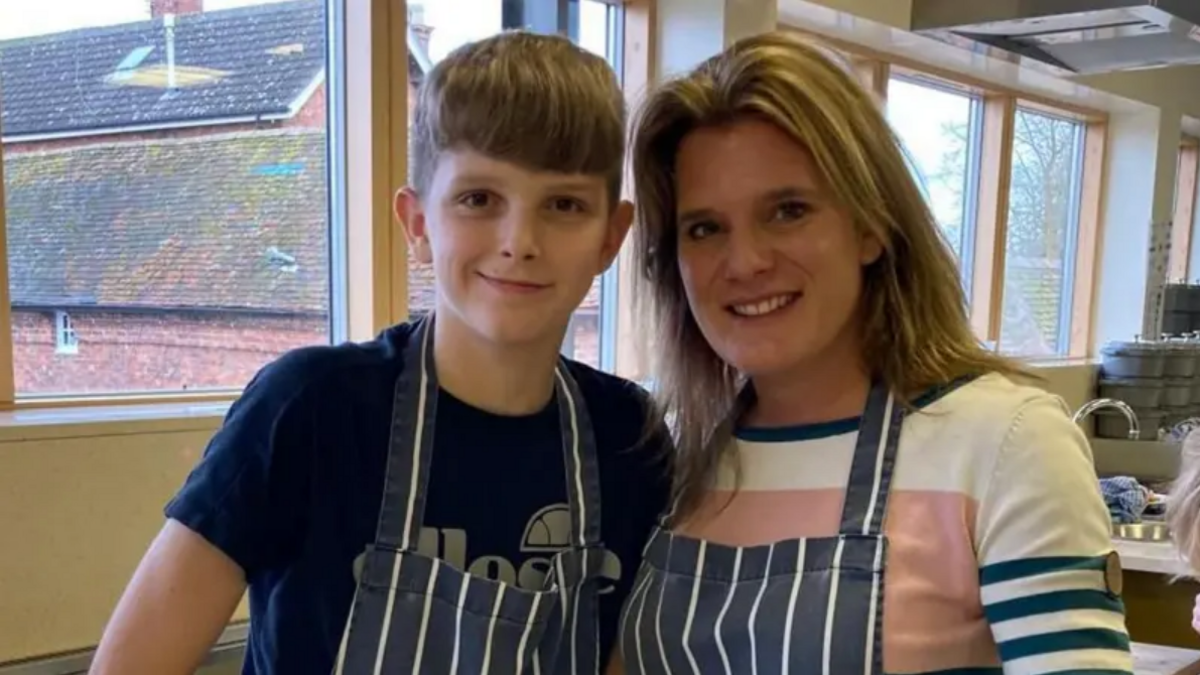
Ellen Roome and her son Jools
Ellen Roome, who believes her 14-year-old son Jools died after participating in an online challenge, has sought to obtain data from TikTok that could provide clarity around his death.
She has been campaigning for "Jools' Law", which would allow parents to access the social media accounts of their children if they die. It was debated in parliament on 13 January 2025.
"Parents need to be aware of the dangers of social media," she told the BBC.
"I thought TikTok was silly dances and silly challenges like standing on your hands and putting your t-shirt on upside-down - Jools and I did several of those challenges - because we just thought they were fun.
"It isn't that - there's some harmful material there, and I think parents need to be aware and really, if they can, get their children to show them their phone."
She said she believed it was "morally wrong" that TikTok will not give her access to her son's social media account.
"[TikTok] could have handed over the data and said, 'here bereaved parents, I hope you get some answers'," she said.
"It's taking us going to court in the US to try to do that, and I think that's morally wrong."
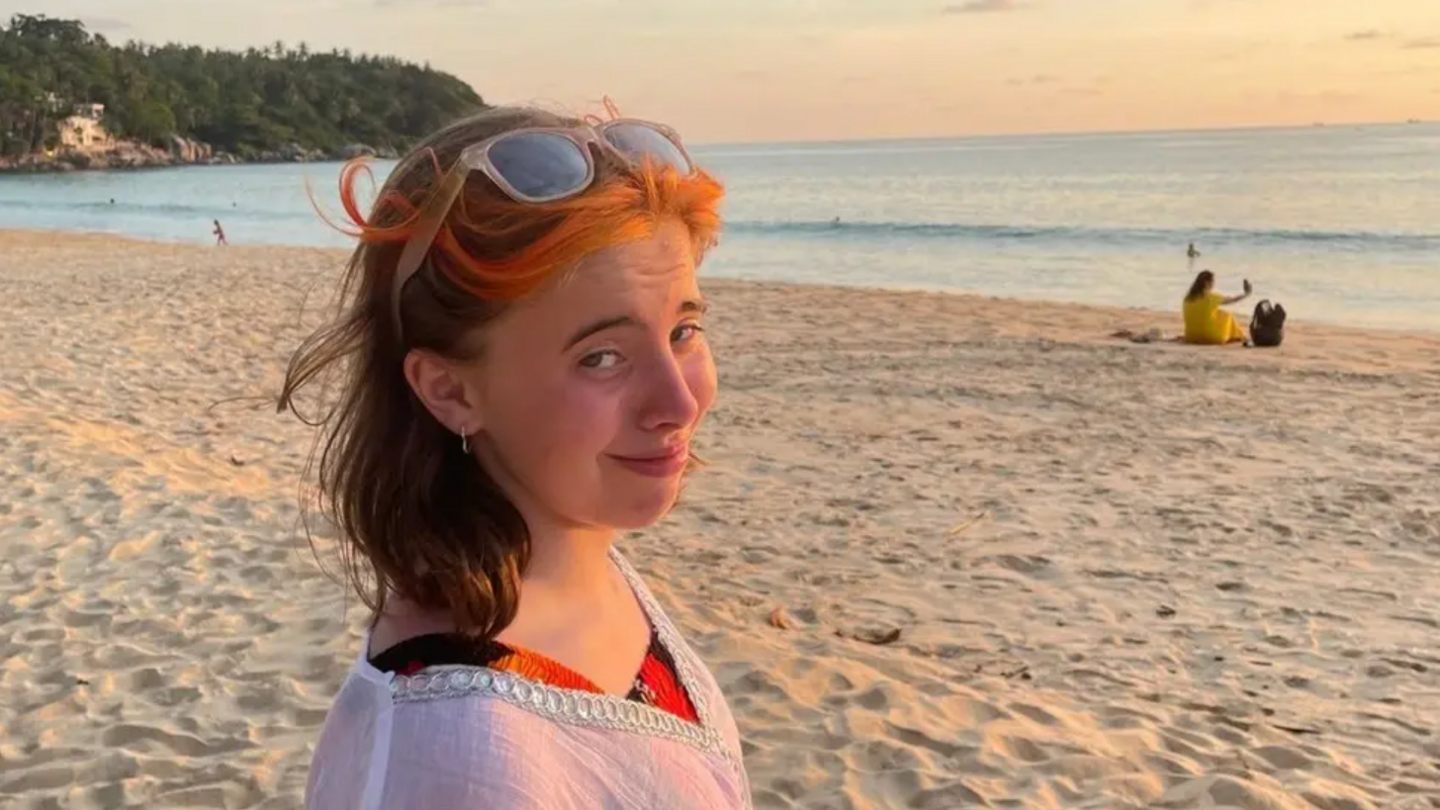
Maia Walsh's father said there were "questions are in the air, and they need to be answered"
Leanda Barrington-Leach, executive director of campaign group 5Rights Foundation, claimed this was "the horrific consequences of tech companies putting profit above children's lives".
The families' lawsuit comes as question marks hang over the future of TikTok in the US.
President Donald Trump signed an executive order in January to extend the deadline for the app to be banned in the country unless sold to another firm.
A coroner concluded in January 2024 that Hollie Dance's son Archie died aged 12 after a "prank or experiment" went wrong at their home in Southend-on-Sea in April 2022 - and said there was no evidence he was doing an online challenge at the time, as his mother believed.
Ms Dance, along with Lisa Kenevan, mother of 13-year-old Isaac, has tried to raise awareness about potentially dangerous social media trends in the wake of their childrens' deaths.
Lisa Kenevan, speaking about Isaac on BBC Breakfast in May, described him as a "happy, normal boy" who "wanted to look after his mum and dad".
She said he was as an "highly inquisitive, highly intelligent" child who wanted to understand how things worked - leading him to attempt the blackout challenge.
Lisa Kenevan speaks to BBC Breakfast about her son Isaac
It is one of several viral social media trends that have resulted in warnings from schools and experts about their dangers.
TikTok said in 2021 it would strengthen its detection and enforcement of rules around dangerous online challenges, and reportedly blocked some searches for the blackout challenge.
But it has faced a number of lawsuits and accusations from parents of deceased children claiming it recommended harmful content to them.
The Social Media Victims Law Center helped Tawainna Anderson sue the platform in 2022 after her 10-year-old daughter Nyla died after allegedly taking part in the blackout challenge.
A US appeals court overturned a lower court's dismissal of her case in August 2024.
Related topics
- Published13 January
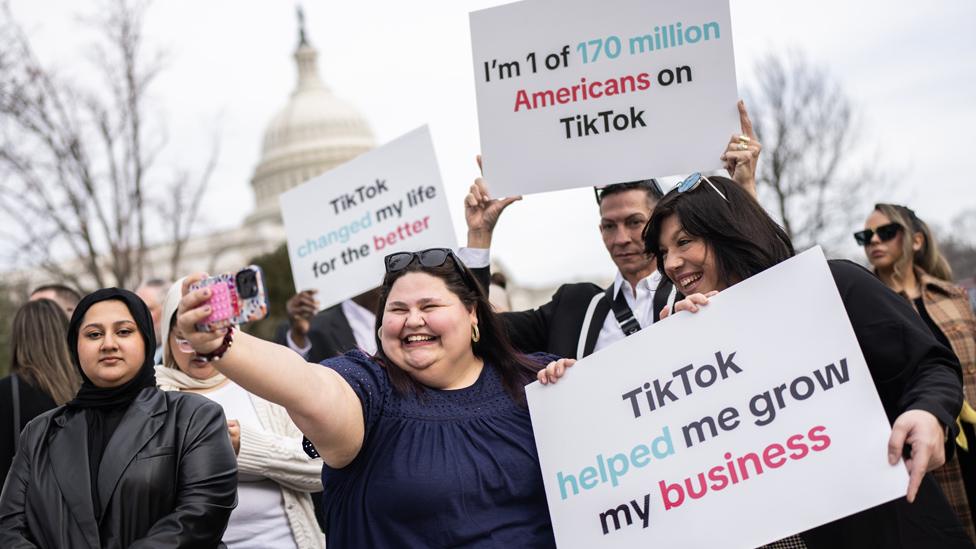
- Published28 January
